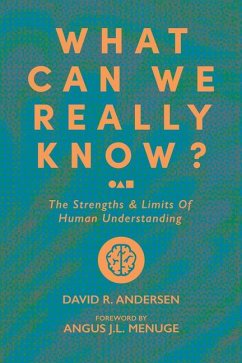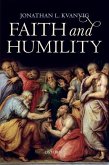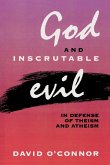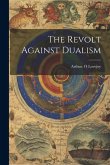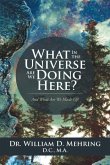Today, it's not uncommon to get the impression that our claims to know are either doomed before they begin or that they have a status that approaches certainty. The pendulum seems to swing from one end to the other, with our educational institutions too often perpetuating both depending on the person being asked. Yet the question of how and if our claims to know are really justified remains central. * Is knowledge a purely social construct without any objective basis, as many claim? * Or, if we do have some basis to believe some of our claims, are we justified in holding those claims with an attitude of certainty, as others in today's environment seem to imply? * And what role do our quick judgments play in those claims? From the tenor of our public debates, one could easily be left with the suspicion that either we can't know anything or that whatever the present state of knowledge is shouldn't be questioned. What Can We Really Know? The Strengths and Limits of Human Understanding aims to bring some balance to the topic, and argues that while we do have reason to believe that a great many of our claims are justified, it's also true that much of what passes for knowledge is a social product and therefore vulnerable to future revision. Exploring how knowledge can be understood, how far science can take us and what its limitations might be, and the status of some of the most recent arguments for God's existence, it will be suggested that a healthy dose of humility should be reincorporated in our public and private debates.
Hinweis: Dieser Artikel kann nur an eine deutsche Lieferadresse ausgeliefert werden.
Hinweis: Dieser Artikel kann nur an eine deutsche Lieferadresse ausgeliefert werden.

